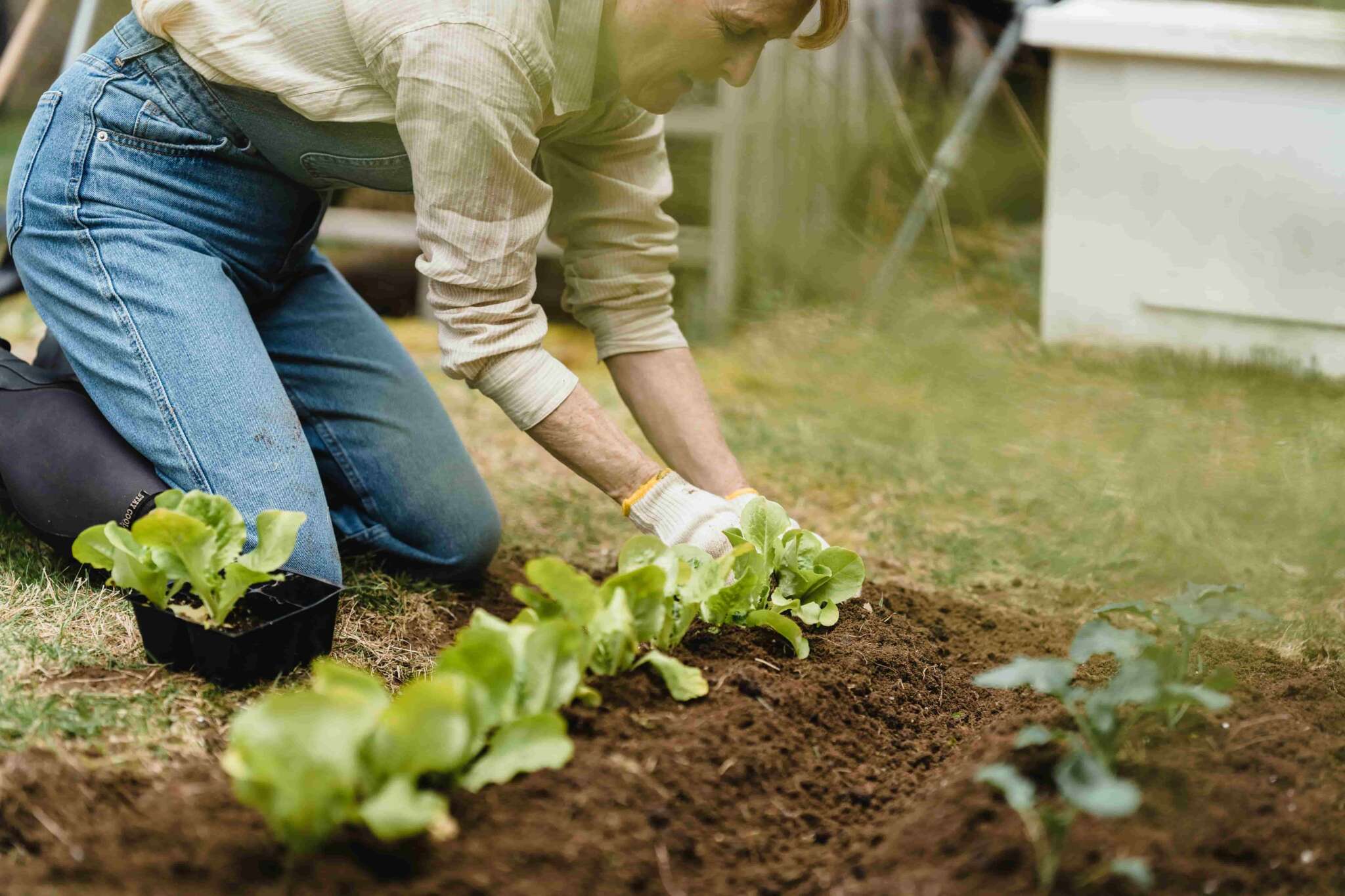If you love plants and working outside, there are various career paths that you can explore to pursue these passions. For example, you can work as a biologist, conservationist, landscaper, florist, groundskeeper or horticulturalist.
In this article, we are exploring what a horticulturalist does, how to become one, and how this career differs from the job of a traditional groundskeeper.
What Does a Horticulturist Do?
A horticulturist is a plant and agricultural specialist who specializes in growing plants and helping plants be resilient against diseases and environmental conditions. Horticulturists are valuable for farming, vineyards, food production businesses, municipalities, homeowners, and research firms.
Horticulturist Job Description
It is necessary for a horticulturist to have extensive knowledge about growing trees, flowers, fruits, vegetables, nuts, and other plants. A primary objective in hiring a horticulturist is increasing crop yields and improving the quality of plants.
Here is a list of the most common job duties that are required of a horticulturist:
- Oversee plant production and care
- Arrange for planting and harvesting of crops
- Handle irrigation and pest management
- Control fertilizer application and monitoring
- Operate and maintain equipment used to grow plants
- Order supplies and equipment needed for plants
- Oversee staff and direct labor for plant management
Horticulturist vs. Groundskeeper
At Pavillion Agency, we help many grounds keeping professionals find rewarding careers by matching them with employers who need extra time and attention spent on their outdoor properties. A groundskeeper is responsible for maintaining outdoor areas, which largely extends to mowing grass, applying fertilizer, pulling weeds, and using lawn equipment.
Clearly, there are some strong parallels between the horticulturist job description and the duties of a groundskeeper. The major difference between the two professions is that horticulturists are targeted specialists with regard to plant care, while groundskeepers may have broader skillsets and perform a wider range of tasks. However, a trained horticulturist may work as a groundskeeper to gain experience, have more variety in the work day, or expand certain skills.
Tips for Becoming a Horticulturist or Groundskeeper
Individuals interested in becoming a horticulturist should pursue the necessary training and education so that they are able to carry out the required duties of this job. Many employers look for horticulturists who have at least completed an associate degree or equivalent, plus at least six months to a year of relevant training and experience. The coursework involved in pursuing a horticulturist education primarily focuses on botany, biology and chemistry classes.
You can stand out among the competition by obtaining a Pesticide Applicator’s License or other certification related to this field. There are also professional associations and organizations that you can join to integrate yourself deeper into the horticulture community, such as the Soil Science Society of America, Crop Science Society of America, Committee for Sustainable Agriculture, and National Alliance of Independent Crop Consultants.
If you already have the skills and experience necessary to pursue a career as a horticulturist or groundskeeper, Pavillion Agency can help. Spring is the prime time for employers to search for new grounds keeping and horticulture staff members, so don’t delay reaching out to us and exploring the job options that are available.
Contact us online or at 212-889-6609 to learn more about career opportunities that enable you to work with plants and landscaping. You can also browse our job listings to get a sense of the types of work that employers are looking for right now.




